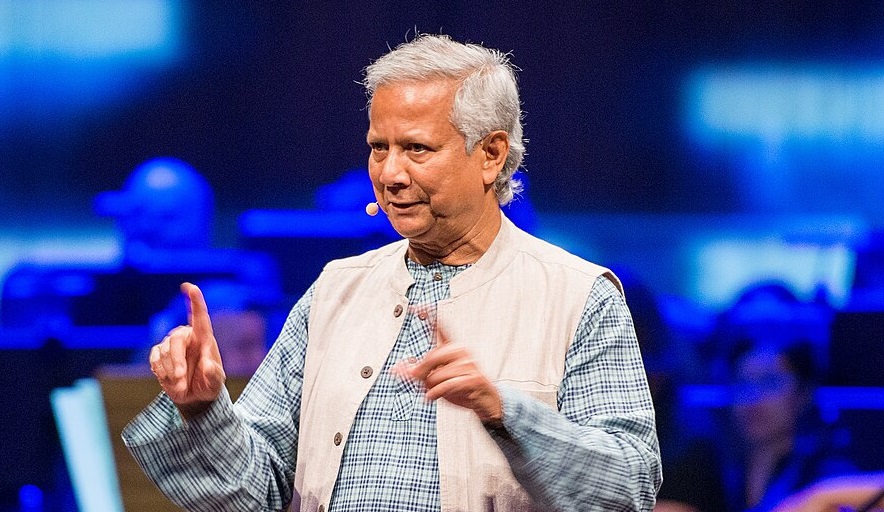
Yunus Govt Warns of Action Amid Mounting Army Pressure
The interim government of Bangladesh, headed by Nobel laureate and Chief Adviser Muhammad Yunus, finds itself at the center of escalating political tension. Facing growing demands from both the military and the opposition Bangladesh Nationalist Party (BNP), the government has issued a strong warning, stating it will take “public-backed action” if its autonomy is threatened.
Bangladesh Interim Government
The administration, formed after mass protests toppled Sheikh Hasina’s government in August 2024, was tasked with stabilizing the nation and overseeing reforms before holding fresh elections. However, political fault lines are deepening. Yunus’s government has made it clear that it will not be coerced into rushing the electoral process. “If obstacles—fuelled by defeated forces or foreign conspiracies—render the government’s work impossible, it will take all facts to the public and make decisions in partnership with the people.”
This statement comes amid calls by the BNP and key figures within the military to conduct national elections no later than December 2025. The interim administration, however, maintains that elections will only be feasible after essential democratic, administrative, and electoral reforms are carried out—likely no sooner than mid-2026.
Army Pressure
Adding to the political pressure, Bangladesh Army Chief General Waker-Uz-Zaman has opposed several policies of the Yunus government, including its proposed Rakhine corridor plan connecting Bangladesh and Myanmar. The army chief’s insistence on holding elections by the end of the year has intensified the standoff, raising concerns of a potential repeat of military interventions like that of 2007.
The government, aware of these undercurrents, has underscored the importance of national unity and warned of the dangers of a “1/11-style” scenario, referring to the infamous military-backed caretaker government that ruled between 2007 and 2008. “The government will not compromise on the principles of civilian supremacy and constitutional order,” a senior adviser said.
Muhammad Yunus
Amid the turmoil, rumors swirled that Muhammad Yunus may consider stepping down due to rising political friction and the weight of resistance to his reformist agenda. However, these were quelled after emergency discussions among key advisers. “Yunus is not resigning,” said an official, confirming the Chief Adviser’s continued commitment to the reform roadmap.
Despite international appreciation for Yunus’s leadership, domestically his critics accuse him of being overly idealistic and failing to respond with urgency to political realities. Yet his administration remains firm in its stand. “We are fighting on all fronts, but if any force attempts to undermine the transitional process, it will be dealt with accordingly,” the government noted in its statement.
As the December deadline approaches, all eyes remain on whether the Yunus-led interim regime can hold the line against growing military and political pressure while navigating the delicate path to democratic restoration.


















